Hey Pandas! Did you know that women’s farts tend to smell worse because they contain more hydrogen sulfide than men’s farts? Well, they say that every day is a chance to learn something new. And the Instagram page that we’re covering here helps you do exactly that. And don’t worry – not all of them are flatulence-related.
The Weird Facts Instagram has an astounding 1.5 million followers and deserves every single one. They also provide their subscribers with interesting and fascinating facts on other social platforms, like Facebook and YouTube, so their total follower count tallies up to around 5 million. Interested in why it’s so popular? Scroll down and see for yourself. And don’t forget to upvote your favorite weird fact!
More info: Instagram | Facebook | YouTube | Weird Facts
#1

Image credits: factsweird
#2

Image credits: factsweird
#3
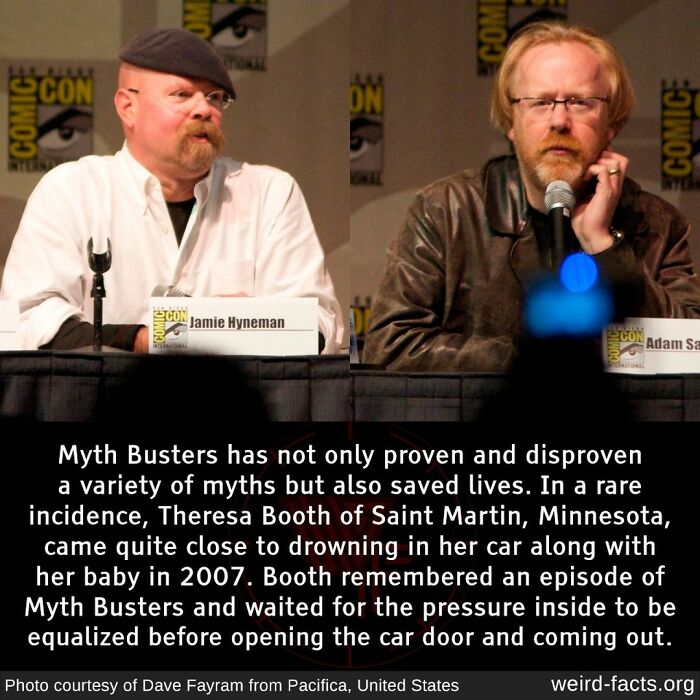
Image credits: factsweird
Many of us remember school as a purgatory. Our memories relating to sitting in the classroom are often tainted with feelings of boredom, annoyance, and thinking that most of this information is useless. Clearly, those who come up with the school curriculum include the basic information every adult should know. Yet, somehow, we find learning through the Internet a lot more satisfying.
So let's tackle the question "Why is school so useless?", shall we? There is a sound reason many of us dislike learning at school. Maria Sanchez writes for Save Our Schools March: "School often focuses too much on rote memorization and standardized tests rather than imparting useful life skills and knowledge." Students feel unengaged with the curriculum because it doesn't relate to their realities.
#4
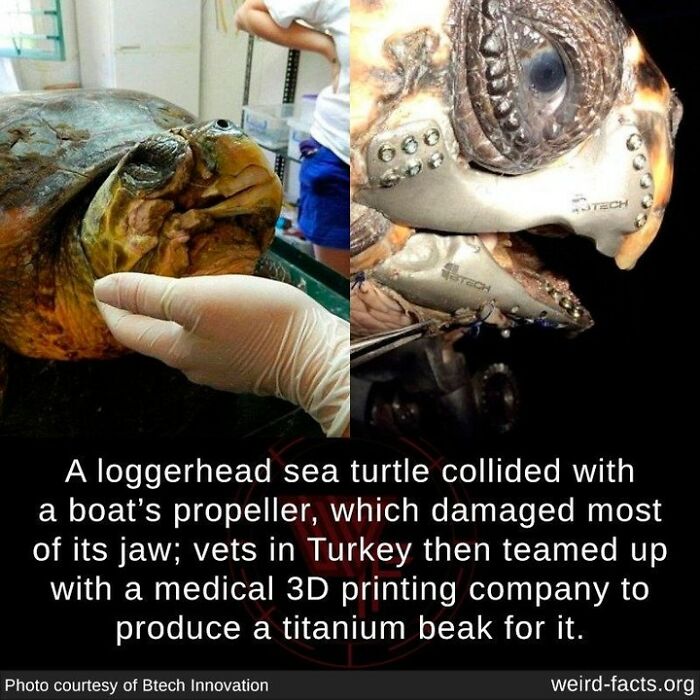
Image credits: factsweird
#5

Image credits: factsweird
#6
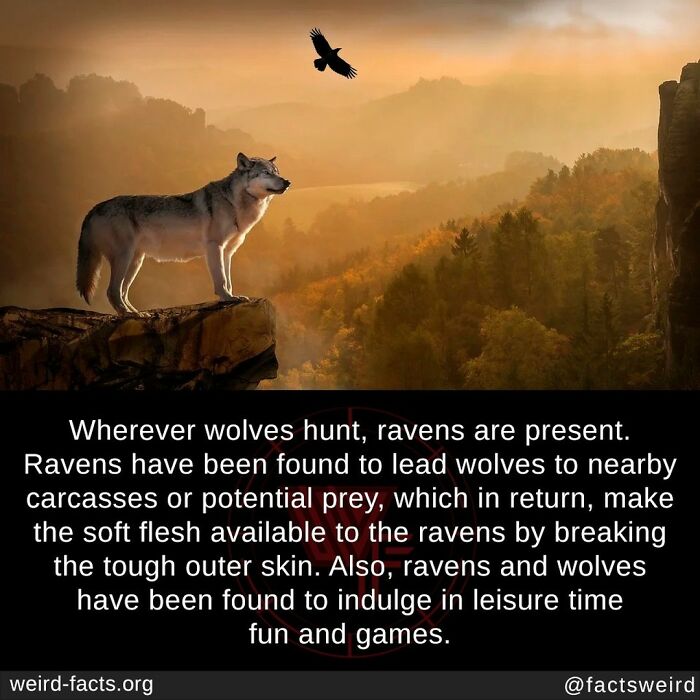
Image credits: factsweird
A frequent criticism of the education system is that the things we teach children in school are impractical. Why do we need all that math if we're going to have a calculator in our pocket at all times anyway? And so what if the mitochondria are the powerhouses of the cell? We can't really apply it anywhere in our daily lives, so how does knowing it benefit us (given that we're not working in a lab of some sort)?
As a child of a teacher and someone who's dabbled in teaching kids for a few months, I have nothing but respect for teachers. I was always a stickler for the rules growing up and, most times, the teacher's favorite. (Parental influence, wink, wink.) So I nodded and agreed with my peers when they would snicker and sneer while learning the Pythagorean theorem, but I still went ahead and learned it.
#7

Image credits: factsweird
#8

Image credits: factsweird
#9

Image credits: factsweird
I always felt like, maybe, it's not the theorem itself that is useful, but the process. Maybe school is about learning how to pick up and understand information, not about the information itself. And it's partially true. School is sometimes not about the things we memorize but about the new neural pathways we train our brains to create while doing so.
#10

Image credits: factsweird
#11

Image credits: factsweird
#12

Image credits: factsweird
We The Differents invites us to think about the learning process more like growing a tree. In primary school, we learn the basics of life, things like reading and writing. Then, in high school, we start to grow the branches of the tree. We start building skills that we'll need throughout life. These include: problem-solving, storing and remembering information, new ways of thinking, and learning how to learn.
#13
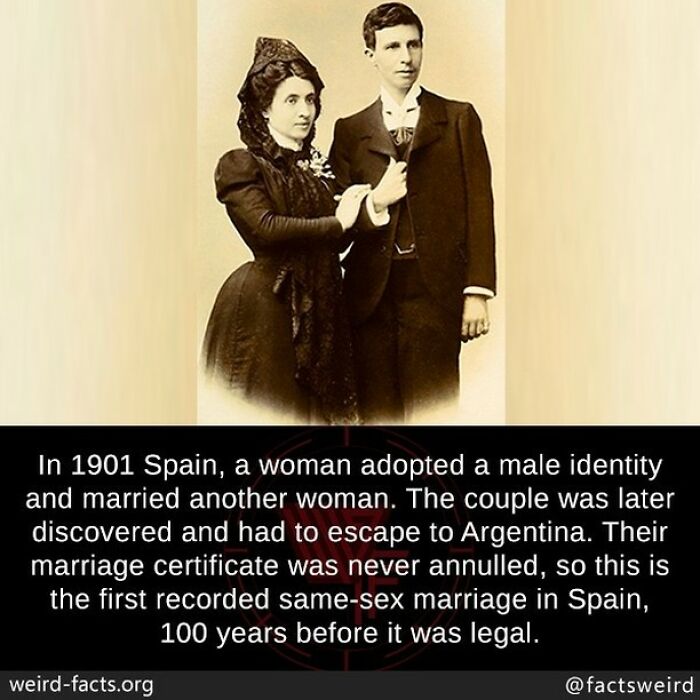
Image credits: factsweird
#14

Image credits: factsweird
#15

Image credits: factsweird
So, it's not that big of a deal if we forget how to do ratios. The neural pathways we built will still be there and help us in the future to get jobs and adapt to life. Even if that job will never include mathematics, the brain will have stored knowledge for us to know that numbers are important. When the time comes to make important life decisions, such as buying a car or moving out on your own, the neural pathways that you use to learn and problem-solve will come in handy.
#16

Image credits: factsweird
#17

Image credits: factsweird
#18
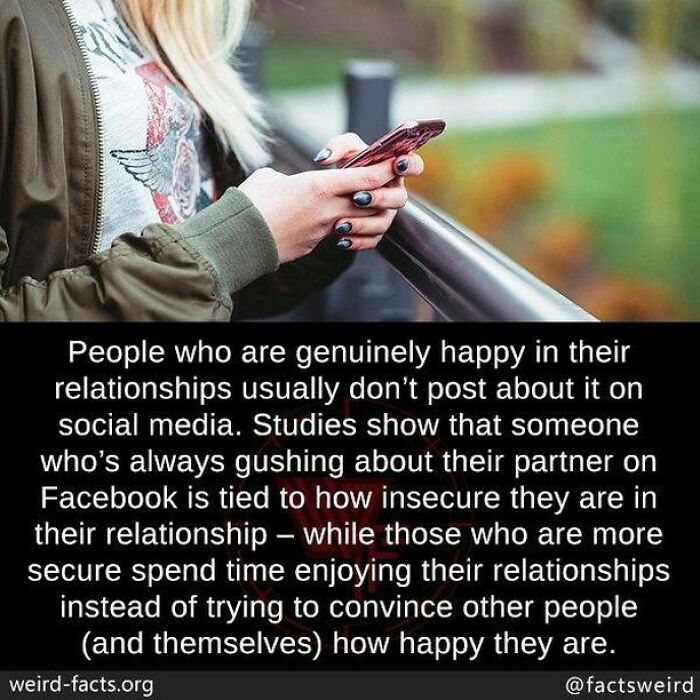
Image credits: factsweird
It's the principle idea behind Daniel T. Willingham's book Why Don't Students Like School? He's a researcher of cognitive science behind learning, and he claims that knowledge is exponential. Basically, the more we learn, the easier it is to learn new things.
#19

Image credits: factsweird
#20
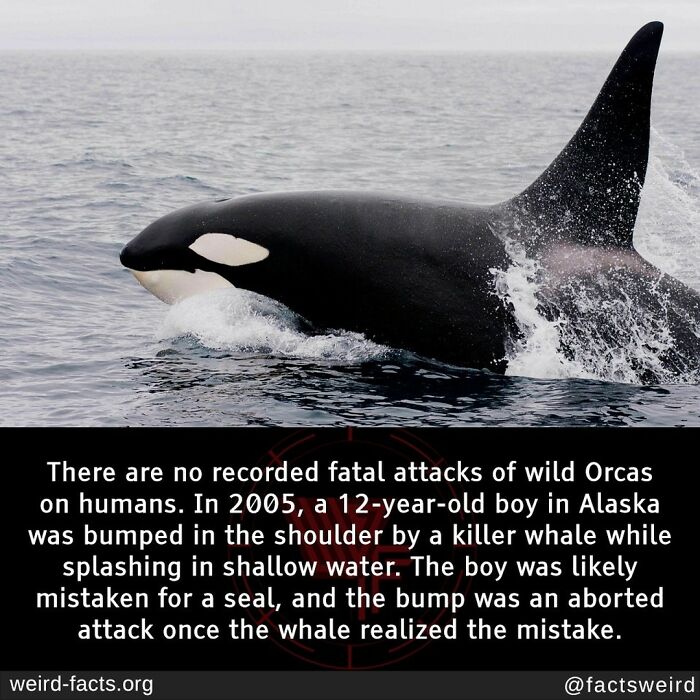
Image credits: factsweird
#21
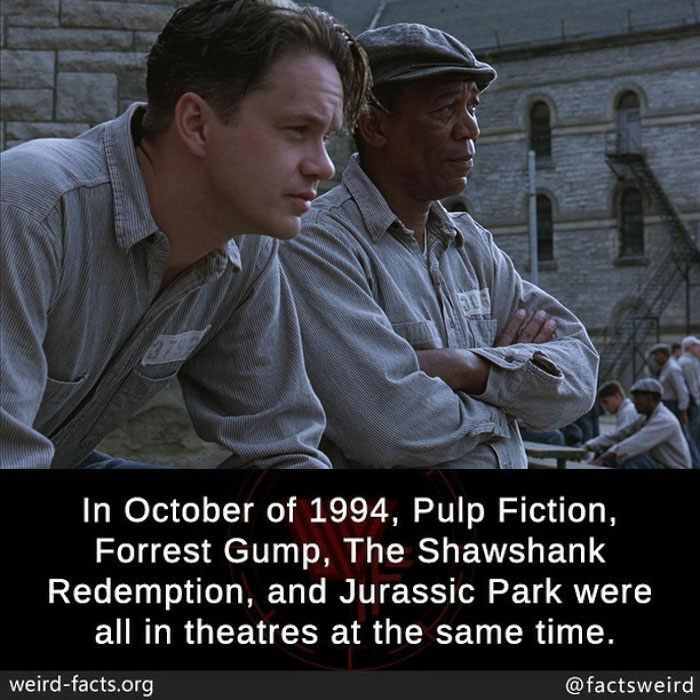
Image credits: factsweird
It somewhat negates Einstein’s idea that imagination is more important than knowledge – knowledge is what allows us to imagine. To teach someone 'how' to think, we must first teach them a considerable amount of 'what' to think. We must have some background knowledge so we can learn better.
#22

Image credits: factsweird
#23

Image credits: factsweird
#24

Image credits: factsweird
However, that's not to say that the current education system in most Western countries is perfect. The curriculum is still abstract and impractical, focuses more on memorization than understanding, and doesn't consider different learning styles.
That's why many experts advocate for more interactive, hands-on learning. They say that projects, experiments, and group discussions allow the students to apply their knowledge in practical ways.
#25

Image credits: factsweird
#26

Image credits: factsweird
#27

Image credits: factsweird
Mathematics can be more interesting, too! When the teacher connects the material to the real world, students become more engaged. For example, they can teach math through real-life scenarios, such as calculating discounts or budgeting.
#28

Image credits: factsweird
#29

Image credits: factsweird
#30

Image credits: factsweird
It's also important to consider learning styles. The four predominant ones are: auditory, visual, kinaesthetic, and read/write. Some students really learn better by taking notes and reading textbooks. These are most often well-organized people. But the reality is that others struggle to take in information without visual aids and hands-on activities.
#31

Image credits: factsweird
#32

Image credits: factsweird
#33

Image credits: factsweird
#34

Image credits: factsweird
#35

Image credits: factsweird
#36

Image credits: factsweird
#37

Image credits: factsweird
#38
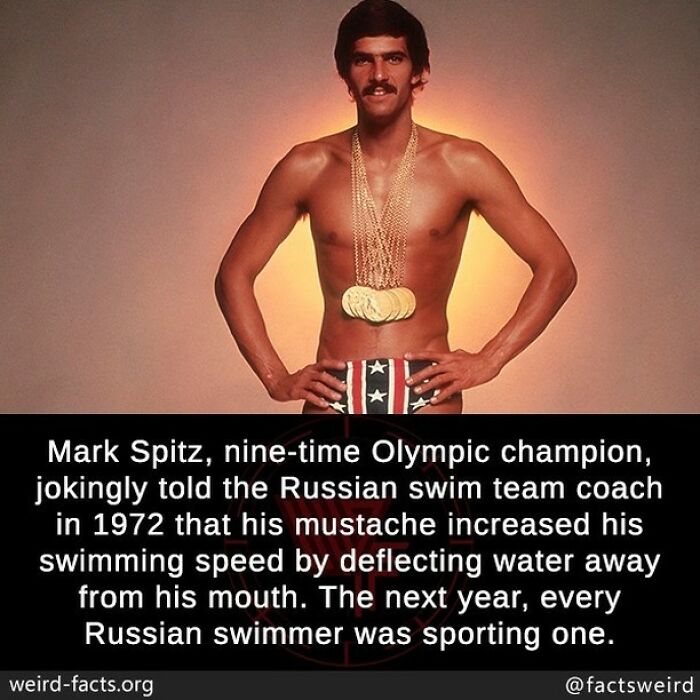
Image credits: factsweird
#39

Image credits: factsweird
#40

Image credits: factsweird
#41

Image credits: factsweird
#42

Image credits: factsweird
#43

Image credits: factsweird
#44

Image credits: factsweird
#45
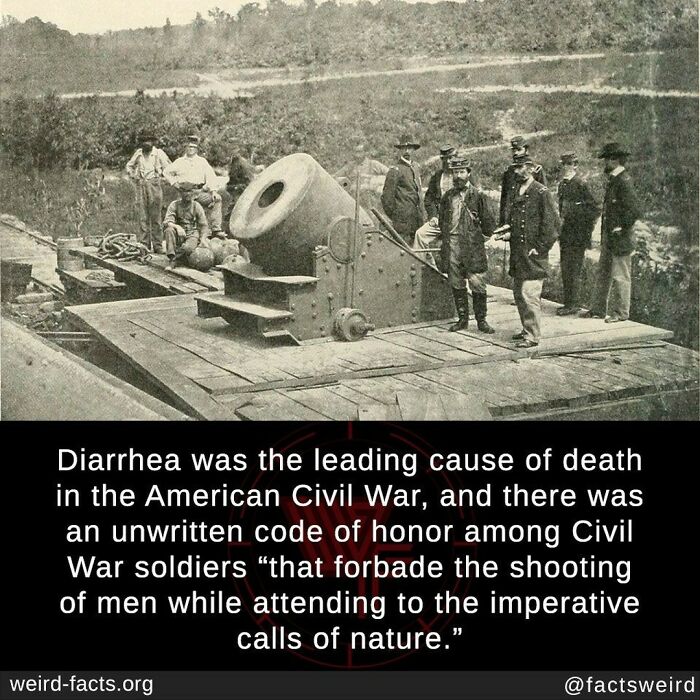
Image credits: factsweird
#46
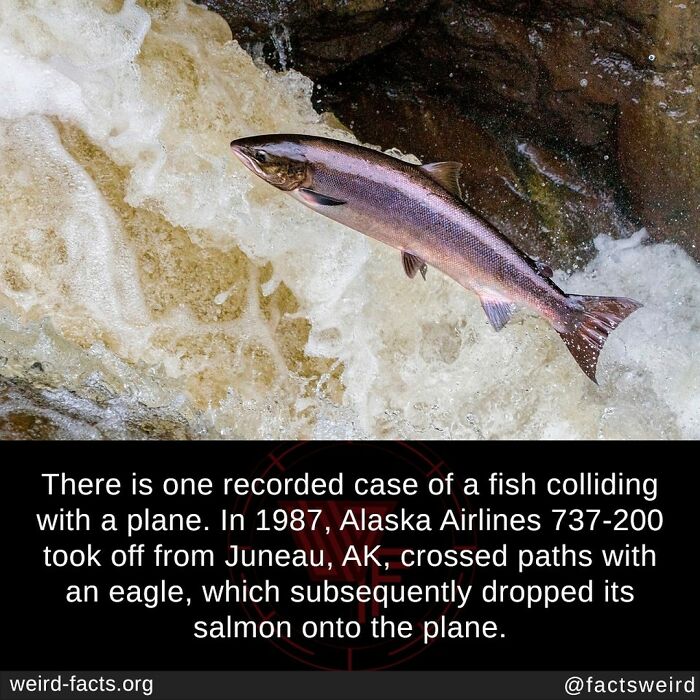
Image credits: factsweird
#47
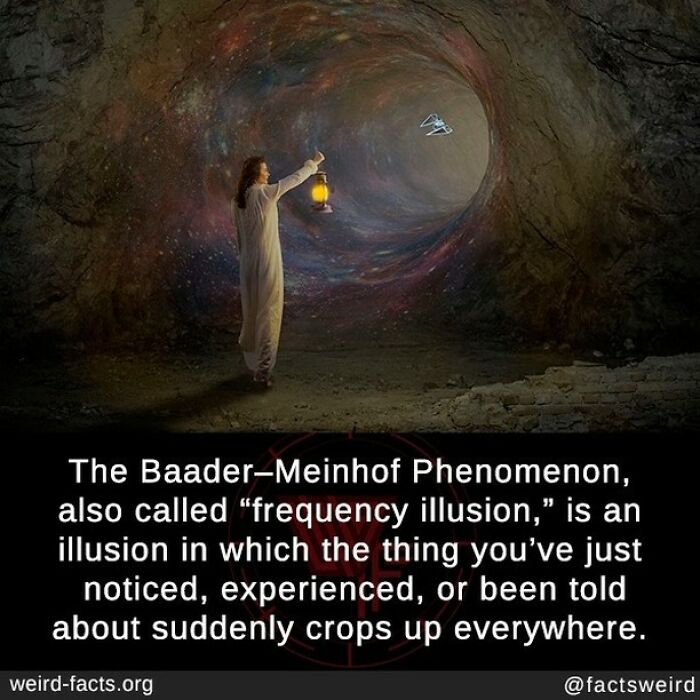
Image credits: factsweird
#48

Image credits: factsweird
#49

Image credits: factsweird
#50

Image credits: factsweird







